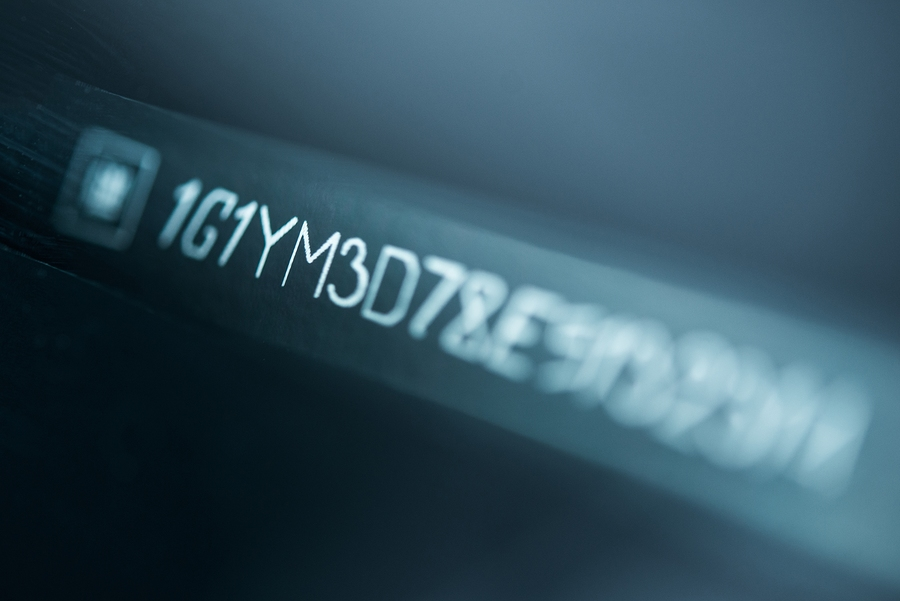According to the FBI, vehicle theft in the United States is at an all-time high since 2009. Many of these stolen vehicles are chopped up, and sold for parts. However, car thieves have now found a more lucrative way to sell stolen cars—VIN cloning.
VIN cloning is a sophisticated crime, and is termed as the process of stealing the identity of a legally-owned vehicle, and transferring it onto a stolen car. But how exactly does it work? It begins with a stolen vehicle that is then “cloned”. This means removing the manufacturer-installed Vehicle Identification Number (VIN), and covering it with a different one. The second VIN must be legitimate, and come from a similar make and model, usually from a different state. The altered vehicle is usually followed up with fraudulent documentation to convince the buyer to follow through with the transaction, thus completing the VIN cloning process.
Source: U.S. Department of Justice, Federal Bureau of Investigation, Uniform Crime Reports
A National Crime Prevention Council report states that as many as 225,000 stolen cars each year are subjects of VIN cloning. In fact, since 2001, VIN cloning has accounted for approximately $36 million in fraudulent vehicle transactions. But the crime’s most impactful effect is that it often involves several innocent victims. In some specific cases, car thieves have left GPS devices on the stolen cars they sell, just to relocate and steal back the vehicles in order to sell them all over again. Keep in mind that once the stolen vehicle is registered in your name, the car’s legal issues that may ensue officially become yours. In the event that your car is flagged as stolen, it will be confiscated and you will be left responsible to pay off any outstanding loans. Not to mention, you may even be held accountable for any unpaid parking tickets or traffic violations registered to your car from those of the previous owners.
In most situations, victims of these crimes almost never recover financially, and are left to settle these disputes in civil court.
In order to prevent being a victim of VIN cloning, here are some tips:
- Obtain the VIN prior to meeting with the seller so you can run it across stolen vehicle databases.
- Never make a transaction before meeting the seller, preferably in a public location.
- Ask for a bill of sale, and run a title check.
- Avoid paying in cash. It’s generally a better idea to have a papertrail.
- Examine the vehicle, carefully review the ownership documents, and check to see the VIN’s match or are not altered in any places on the vehicle. In most cars, you can find the VIN on the dashboard, below the windshield, on the driver’s side doorpost or on the driver’s side door.
- Register the vehicle immediately after you purchase it.
While the number of stolen vehicles in the US is going up, there is still hope for the future of car theft prevention. The National Motor Vehicle Title Information System, a database created in 2009 by the Department of Justice, is an electronic system that aims to prevent VIN cloning in a more effective, and non-traditional way. The system links state motor vehicle departments together, and prevents car thieves from using VIN’s from one state on a vehicle in another state by throwing out a hit that the number is already in use elsewhere. By 2010, all 50 states’ participation were mandated by the government.
